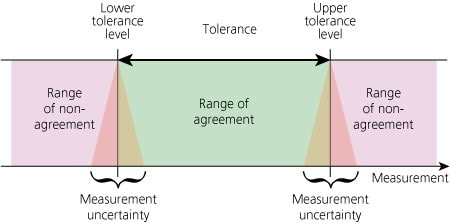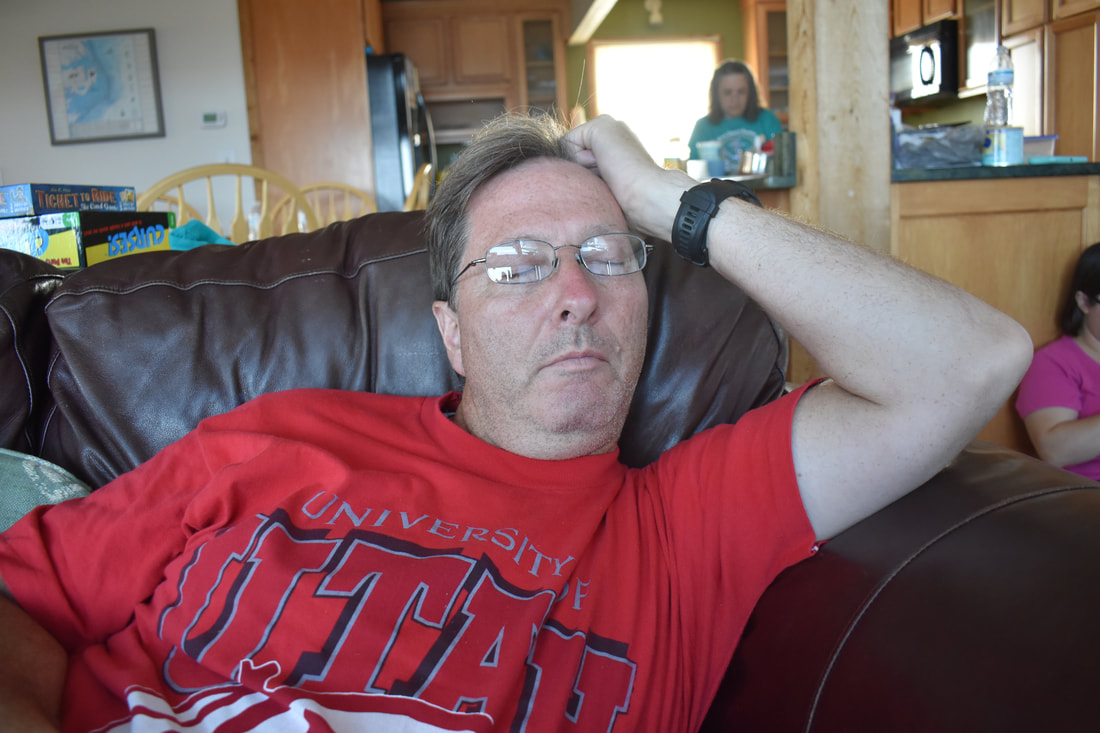What is Included in Philosophy?
In his article, Andrew Light focuses on the philosophical niche of environmentalism. His main argument is that philosophy should take a role informing activists, policy makers, and the public at large on ecological issues. “If we talk only to each other about value theory, we have failed…” (p. 453). To support this strong statement, Light argues from the specific perspective of ecology. Can such a normative pronouncement be generalized to other niche areas of philosophy, or even to philosophy in general?
In order to plead support for philosophical activism, Andrew Light examines the specific controversy of ecological restoration. The controversy is a normative should question. Should humanity invest in projects intended to restore ecosystems that have been changed through human activity? He examines positions by philosophers such as Robert Elliot and Eric Katz who are against any restorative attempts on several grounds; we have neither obligation nor ability, and any attempts yield artifacts not nature.
Light argues in favor of what he calls ‘benevolent restoration’ on a number of grounds. He notes how even an imperfect restoration can free nature to grow and replace itself where man starts the process. Without any effort by humans, nature often cannot replace itself in damaged areas except with maybe something completely different than what once was. He calls this catalyst approach ‘intermediate communication’. Light further points to how such attempts at restoration tend to restore a culture of nature, if not nature itself. This last point seems similar to Bruno Latour’s position that when a human actor and a technological actant join, it can result in something entirely different than either inter-actor would create on its own. Light calls this interaction “firsthand exposure… to the actual consequences of human domination of nature” (p. 464).
This line of reason by Light is persuasive to one who may already be inclined to support ecological issues, but doesn’t actually make the case of why philosophy should do more than contemplate. For example, is sharing philosophical perspective with activists, policy makers, and the public more akin to scientific communications than philosophy?




 RSS Feed
RSS Feed